Women for Progress: 10 policies that will make Australian women’s lives better
Women are still getting a poor deal in Australia compared to men, a global report shows. But one move could change that.
Federal Election
Don't miss out on the headlines from Federal Election. Followed categories will be added to My News.
Men always ask what women want – and now here is the answer.
Australia’s top female leaders in business and advocacy, all with eye-wateringly impressive CVs, have united to come up with how to make life better for women and children – and ultimately men too.
The Women for Progress – spearheaded by philanthropist Nicola Forrest and includes former Foreign Minister Julie Bishop – has released 10 policies designed to close the gender gap in Australia, ahead of next month’s federal budget and the looming election.
The group’s number one wish is an affordable, national early learning system that caters for children from birth until primary school.
They say implementing this one policy would be a massive gamechanger for women as well as disadvantaged children, who start school intellectually behind and are never able to catch up.
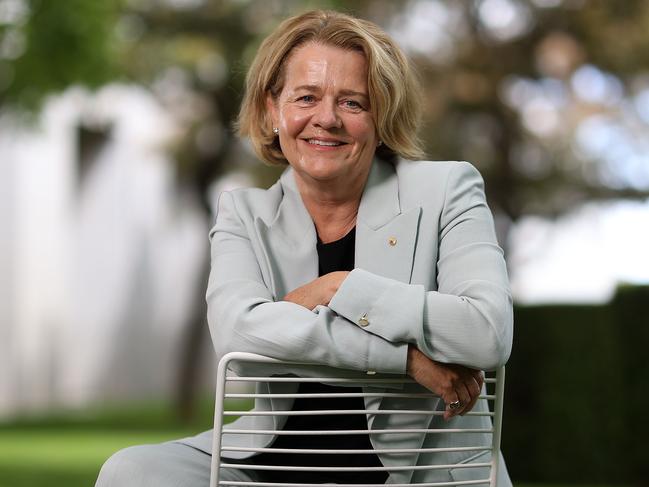
The group also wants government-funded parental leave shared between partners for 26 weeks rising to 52 weeks, paid family and domestic violence leave, more crisis accommodation for older women, reportable gender and minority background targets in politics and medium to large-sized organisations and respect for women in the workplace.
“Life for women has not improved at the pace we would have expected,” Ms Forrest said.
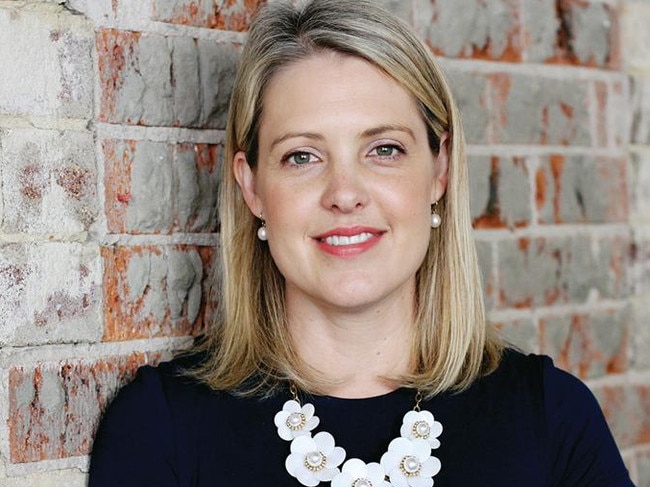
Parenthood Executive Director Georgie Dent said women in Australia remain constrained by the lack of ability to get back to work and the gender gap is growing.
Australia’s slip in the World Economic Forum’s 2021 Global Gender Gap Index backs that up.
The nation was placed 50, six spots lower than in 2020 and down from 24th place in 2014.
Despite holding the number one position for educating women, Australia dropped from 12th place to 70th in women’s economic participation and 32nd place to number 54 in political empowerment.
Ms Dent said the current policies are skewed towards Australian women being the primary carers for children and men the primary earners.
She said women are further disadvantaged in that females make up the vast majority of workers in the care sector, a largely casual workforce, where they are not adequately paid for their skills.
“Women spend their whole lives doing work and are either underpaid, low paid or not paid at all,” she said.
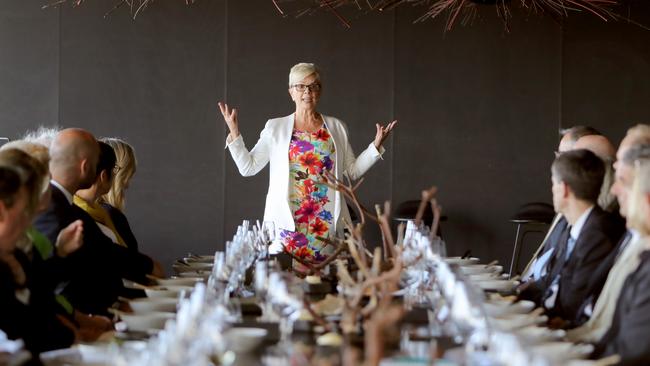
“It’s not because women are not hardworking, skilled or educated enough, it’s none of these.
“Whether it’s aged care, childcare or in homes raising children, it’s incredibly valuable work.”
Ms Dent said through no fault of their own women can often find themselves in a precarious financial situation, which limits their options and risks their safety.
Murdoch Children’s Research Institute Director Professor Kathryn North said affordable, high quality childcare gives women the opportunity to work “which is great for them and our country”, but is also critical for improving the life trajectory of disadvantaged children.
“It’s the best investment we can make in ensuring the health and wellbeing of our next generation, which should be the healthiest ever,” Prof North said.
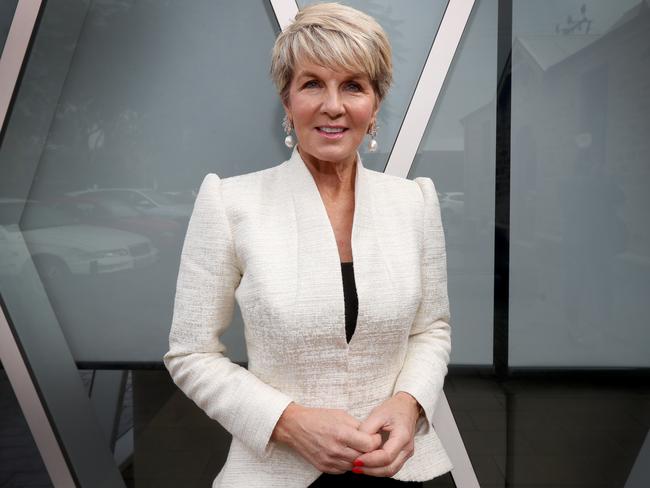
Meanwhile, those who have already broken “glass ceilings” want to make life easier for the next generation of women.
Former Foreign Minister Julie Bishop believes reportable gender targets – not quotas – would result in more women in leadership roles.
She also said employers needed to make the workplace suitable for women.
“The culture in the Australian political system was created by men,” Ms Bishop, who is now the first woman chancellor at Australian National University, said.
“It is one where some women would feel uncomfortable.
“Sacrifices had to be made and the environment wasn’t one where you could be your best self.”
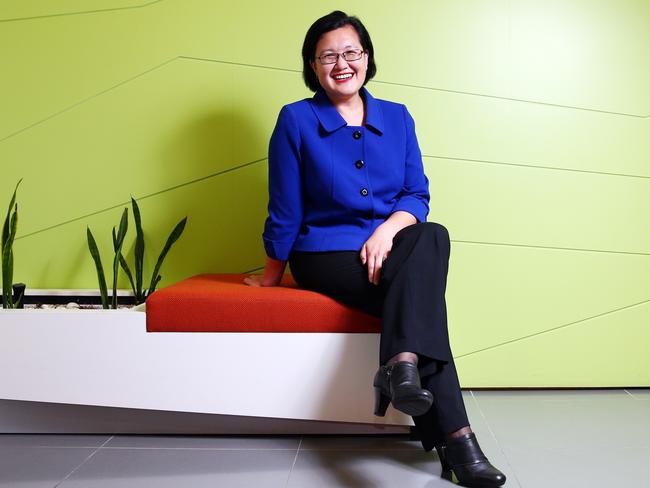
Diversity Council of Australia Chair Ming Long said it is even more difficult for indigenous women or those of colour.
She was the first woman with Asian heritage to lead a top 200 ASX listed entity.
“I’ve been to meetings where it is assumed I’m there to take notes or get the coffee,” she said.
“I want us all to rise together and that means everyone, I don’t want to leave anyone behind.”
To support the 10 policy demands sign the petition: https://www.minderoo.org/wfp/petition/
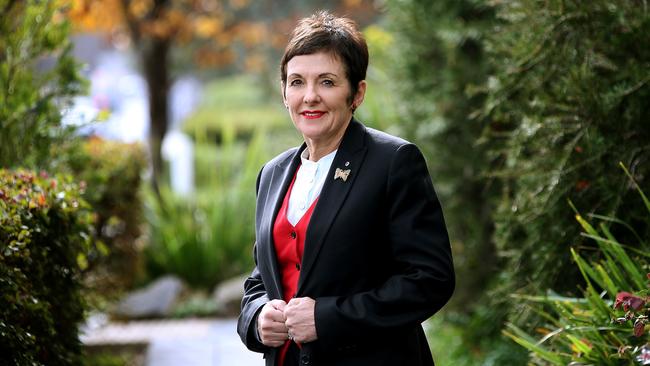
WOMEN FOR PROGRESS MEMBERS:
Nicola Forrest, Co-Chair, Minderoo Foundation
Julie Bishop, Chancellor, Australian National University
Kate Carnell, Former Small Business and Family Enterprise Ombudsman
Georgie Dent, Executive Director, The Parenthood
Kate Eastman, Counsel Assisting on the Disability Royal Commission
Kate Ellis, Former Minister for Early Childhood Education
Jacqui Emery, CEO, Royal Far West
Marina Go, Non-executive director, Founder Women’s Agenda
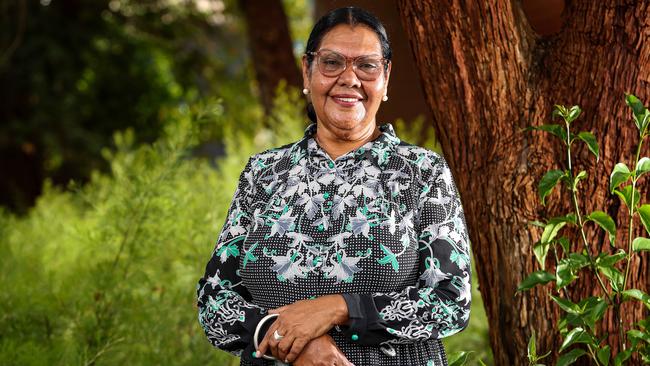
Tanya Hosch, Executive GM, Inclusion & Social Policy AF
Ming Long, Chair, Diversity Council Australia
Jenny Macklin, Vice-Chancellor’s Fellow at the University of Melbourne in the School of Government.
Wendy McCarthy, Former Chancellor, University of Canberra
Sam Mostyn, President, Chief Executive Women
Kathryn North, CEO, Murdoch Children’s Research Institute
Nyadol Nyoun, Lawyer and human rights advocate
Michele O’Neil, President, Australian Council of Trade Unions
June Oscar, Aboriginal and Torres Strait Islander Social Justice Commissioner
Mary Patetsos, Chair, Federation of Ethnic Communities Councils Australia
Carol Schwartz, Chair of Trawalla Foundation and Women’s Leadership Institute Australia
Miranda Stewart, Professor of Law, University of Melbourne; Fellow, Crawford School, Australian National University
Natasha Stott Despoja, UN Committee Elimination of Discrimination Against Women
Lucy Turnbull, Former Chief Commissioner, Greater Sydney Commission
Natalie Walker, Deputy Chair, Goodstart Early Learning
Danielle Wood CEO of Grattan Institute





